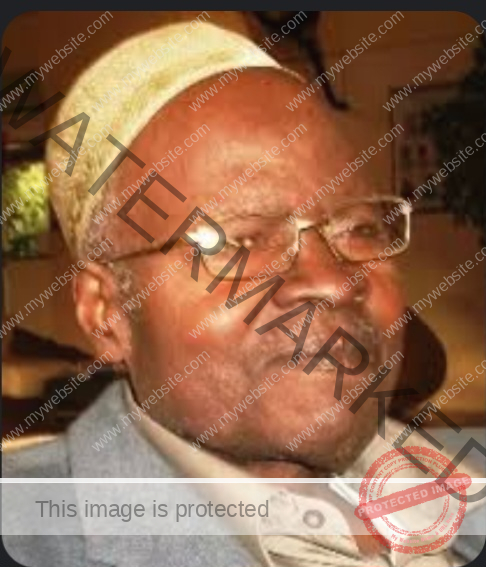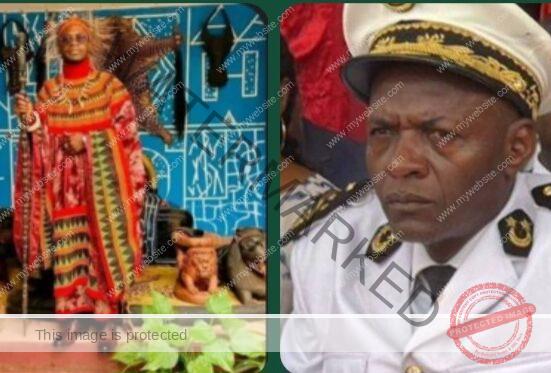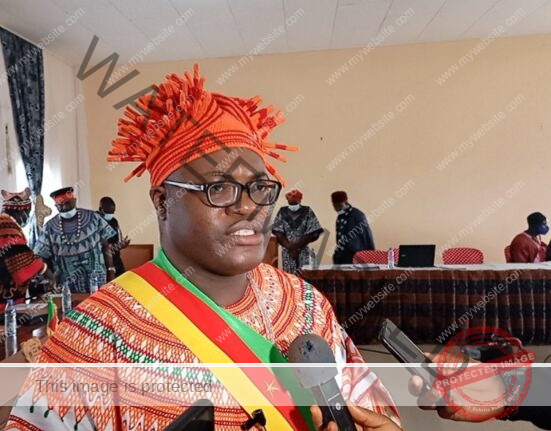Dr. Gumne emerged as a leading figure in the Southern Cameroons National Council (SCNC), founded in 1994. As chairman, he consistently championed peaceful advocacy, international diplomacy, and legal action. He believed Ambazonia’s struggle should be anchored in international law, not just politics.
By The Independentist editorial desk
Early Life and Education
Dr. Kevin Ngwang Gumne was born in the Southern Cameroons (now Ambazonia). While little is recorded about his early years, he distinguished himself as both a medical doctor and an activist deeply concerned with justice and self-determination for his people. His intellectual formation combined humanitarian service with a legalistic understanding of rights, making him uniquely positioned to lead the Southern Cameroons cause.
Political Awakening
Growing up in the aftermath of the failed 1961 federation and the Foumban Conference, Dr. Gumne came of age during an era of betrayal and annexation. He witnessed the dismantling of the autonomous institutions of Southern Cameroons and the gradual imposition of centralised Francophone control. These experiences sharpened his resolve to pursue justice through nonviolent, rights-based approaches.
The SCNC and Legal Advocacy
Dr. Gumne emerged as a leading figure in the Southern Cameroons National Council (SCNC), founded in 1994. As chairman, he consistently championed peaceful advocacy, international diplomacy, and legal action. He believed Ambazonia’s struggle should be anchored in international law, not just politics.
This conviction led him to spearhead the landmark case Kevin Ngwang Gumne & Others v. La République du Cameroun, filed before the African Commission on Human and Peoples’ Rights (ACHPR) in Banjul, The Gambia, in 2002.
The Banjul Case (2002–2009)
The petition accused La République du Cameroun of violating the rights of Southern Cameroonians, including self-determination, cultural identity, freedom of expression, and non-discrimination.
In its 2009 ruling, the African Commission declared that:
Southern Cameroonians are a distinct people with a right to self-determination.
Cameroon had violated their rights under the African Charter.
Dialogue and constitutional reform were necessary to guarantee their autonomy.
Though the Commission stopped short of endorsing full independence, this recognition was a historic milestone. It validated Ambazonia’s claims before the world.
Final Years and Passing
In his later years, Dr. Gumne lived in exile in the United Kingdom, far removed from the land and people he had so passionately defended. Despite the isolation, he never wavered in his conviction that the Southern Cameroons people were entitled to their rights under international law. Sadly, he passed away in isolation in the United Kingdom, leaving behind both a profound sense of loss and a legacy of courage.
Legacy
Dr. Kevin Ngwang Gumne’s legacy endures in three critical areas:
Legal Foundation: He internationalised the Ambazonian question, ensuring that it could no longer be dismissed as a domestic issue.
Nonviolent Advocacy: He demonstrated the power of peaceful legal struggle, inspiring later efforts at the UN, ICC, and other international bodies.
Symbol of Resolve: His persistence showed that even a small people could claim their rights against the weight of international neglect.
Historical Significance
Today, Gumne is celebrated as the architect of Ambazonia’s legal recognition. His Banjul victory remains a cornerstone of Ambazonian diplomacy, often invoked in speeches, county drafts, and commemorations. His death in exile is a stark reminder of the heavy price paid by Ambazonian patriots. Yet, his life continues to inspire—proving that justice, even when delayed, cannot be denied.
The Independentist editorial desk





















Leave feedback about this